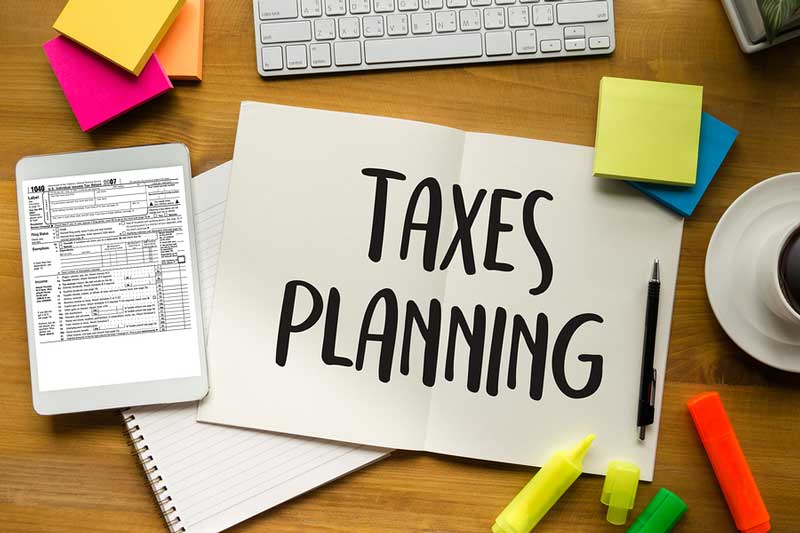
Tax planning for small businesses is a crucial part of your fiscal success and shouldn’t just happen in the first few weeks of April. It should be an ongoing annual process, aimed at eliminating your tax burden through smart business transactions, charitable donations, gifts, and maximizing your deductibles.
Unfortunately, many small business owners wait until the eleventh hour to meet with their accountant or tax advisor. This is a really bad habit to get into. You’ll stress yourself out, wind up paying much more than you owe and increase your chances of being struck with a nightmarish audit that will consume all of your time and resources.
There are many companies that specialize in tax planning for small business, but you’ll want to do your due diligence to make sure that you’re working with the most qualified professionals. That way you can make sure you have the ideal tax plan for your business.
Here are some critical things to keep in mind in tax planning for small business. This is just a brief overview, so consult your accountant or tax advisor for a more comprehensive list.
Figure Out What Business Entity You Are
Those little letters you have after your company name could mean a massive tax burden if you’re classified incorrectly. Figuring out whether you’re an LLP or LLC is very important. It’s possible that your business has been previously misclassified, and if that’s the case, you’ll want to correct it as soon as possible. Any good tax professional can help you determine what business classification is best for your company. The proper business entity selection is crucial and you should figure out which one is most appropriate and advantageous for you.
Do Your Payroll Early
Many small businesses wait until the fourth quarter to complete their payroll, but this can stand out to the IRS as a possible reason to audit you. Payroll is one of those areas that the IRS looks at meticulously because there’s so much room for ambiguity and possible book-cooking, so you need to fill out your payroll early and thoroughly. When tax planning for small business, payroll is one area that experts hone in on as crucial to a seamless tax plan and filing.
Switch to a ROTH IRA
Consult your accountant before making any major changes to your stock portfolio or finances, but it’s generally accepted that swapping out a traditional IRA for a ROTH IRA makes sound financial sense because you pay less in taxes on a ROTH. It’s certainly something to consider when setting up next year’s tax plan.
Push Income, Pull Expenses
Simply put, the more expenses you have in the current fiscal year, the lower your taxes are likely to be. So it’s advisable to push any new income you are prospecting generating to the next tax year while pulling expenses to the current year. Tipping the scales in your favor will require some creative accounting so always consult a professional to make sure you’re staying legal. You’ll want to reduce the amount of taxes you owe, not set yourself in the IRS crosshairs for an audit so tread carefully, but certainly look at what you can claim this year and push to next year.
Make the Most of Your Home Office
Get creative with your home office expenses and track everything related to your business. New computers and printers might be obvious tax deductions, but did you know you can also claim things like your landline, office supplies and even staples like coffee if you entertain clients at the office? Keep meticulous records, as home offices are where many people try to fluff up their expenses without back-up. Designate a spot for all of your receipts and keep them long after filing in event of an audit.
Treat Your Staff
When you think of tax planning for small business do you think of company retreats or group team building outings? The IRS does! Since the mid-1990s there has been a federal tax loophole that allows you to claim entertainment on your taxes. You must discuss business at some point during the event, so if you’re planning a company-wide ski vacation make sure you set aside an afternoon for a seminar on how to increase sales in the first quarter.
Tax planning for small business doesn’t have to be a nightmare. Plan ahead, consult with professionals and prepare to save. The specialists at Advanced Accounting have years of experience in filing taxes for small business and are ready to help you craft the perfect tax plan. Contact us today.

Leave a Reply